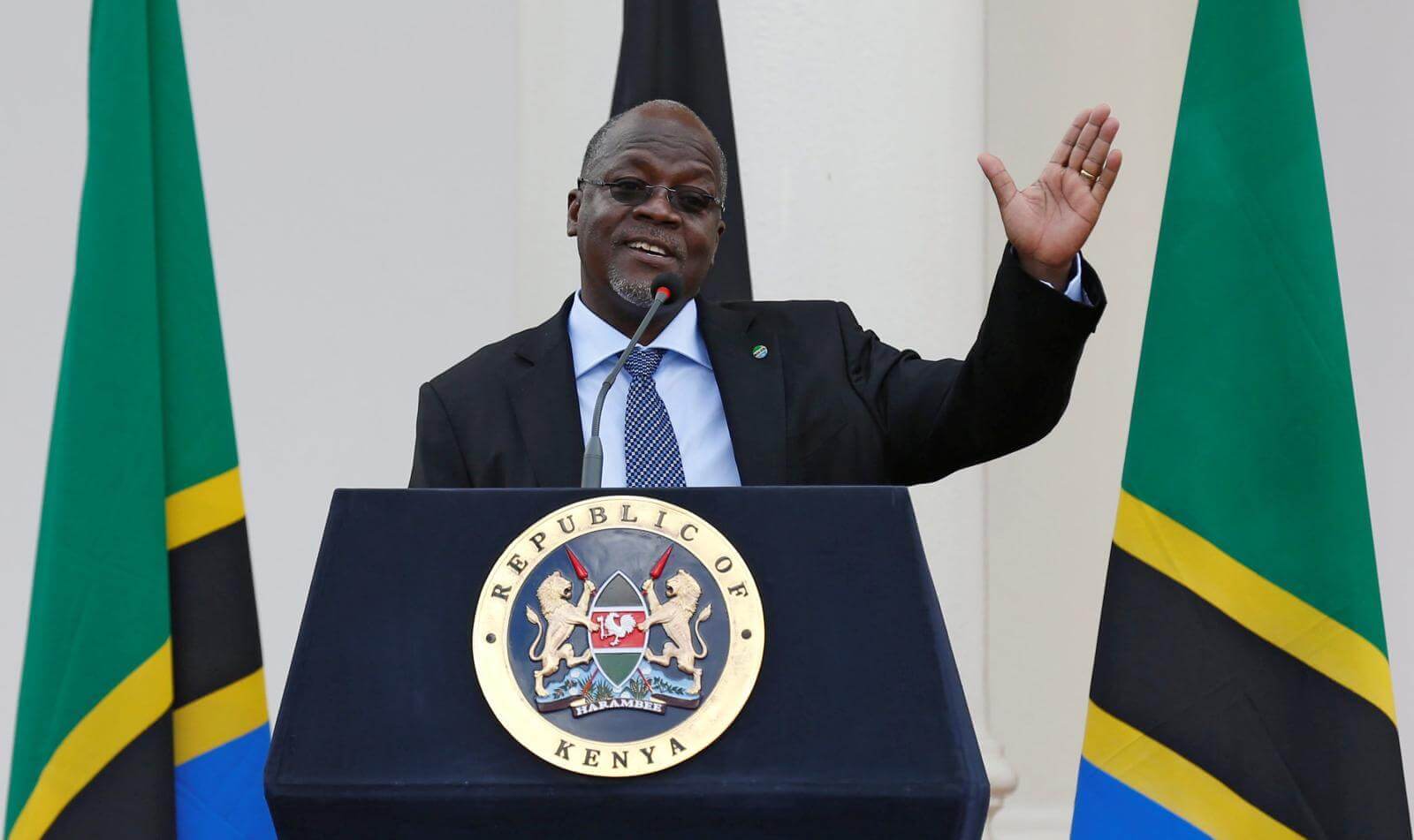Tanzanian President John Magufuli’s administration has fast-tracked a legislation that now bans all forms of digital protests, whereby organizing, planning, or even supporting any form of demonstration on the internet has now been deemed illegal. The new legislation also places a ban on sharing information about any infectious disease outbreaks without government permission. In fact, the ban even extends to private message platforms such as WhatsApp. Simultaneously, restrictions on hate speech on the topics of sexuality and gender have now been removed.
Magufuli has been in power since 2015, and during his electoral campaign he promised to eradicate corruption and unemployment. However, since entering office, silencing civil society and political opposition has been a long-running thread of his administration. As far back as 2018, the President had already banned political opposition from organizing demonstrations, and those who defy or criticize this ban have been arrested.
In fact, even before this most recent law was passed, there was already existing legislation that severely restricted digital dissent. For instance, blogs and social media pages had to pay a license fee of $900 to keep their websites up and running, and these licenses could be revoked at the discretion of the government if it considered the page to be threatening public order or national security. Offenders faced a fine of up to $2300 or a prison term of 12 months. Additionally, Magufuli also suspended the licenses of news outlets that were critical of his governance.
While such processes dealt with digital dissent, law enforcement agencies dealt with in-person demonstrations. For instance, Dodoma Regional Police Commissioner Giles Mutomo said that anyone who protested in his area would wind up with a “broken leg and go home as a cripple”. He warned, “Those calling for protests through social media, those thinking about protesting tomorrow, will be in a lot of trouble… They will get a toothless dog’s beating, I’m warning anyone planning to come to Dodoma, to loot or to protest, Tanzania has no place for that… we have no space for protest in Dodoma.”
Bearing the brunt of these brutal crackdowns and increased police presence are political opposition. For example, several members of the principal opposition party, Chama cha Demokrasia na Maendeleo (CHADEMA) have been arrested. Even members of civil society have been targeted. In May, comedian Idris Sultan was arrested for allegedly ‘cyber-bullying’ President Magufuli.
The recent limitations on discussions surrounding viral outbreaks is borne out of the government’s announcement in June that the country is “coronavirus-free”, despite authorities refusing to submit relevant records to document this to the World Health Organization (WHO).
In June, Magufuli declared, “We decided to pray to God to save us from the coronavirus (COVID-19). God has answered our prayers.” He added, “Our enemies will speak a lot, but the reality remains that Tanzania is safe and that is why none of us here is putting on a mask. Does it mean we are not afraid of dying? No, it is because coronavirus has been eliminated.”
However, the government stopped releasing any official data on the virus after April 29. At that time the country had registered 509 cases, and 21 deaths. However, due to the low levels of testing and minimal preparedness for a global pandemic, critics worry that the real situation is much worse than what the government is letting on.
Tanzania Bans Online Protests and Sharing Information on Infectious Disease Outbreaks
The democratic rights of citizens have rapidly eroded under President John Magufuli.
August 4, 2020

Tanzanian President John Magufuli SOURCE: REUTERS/THOMAS MUKOYA
